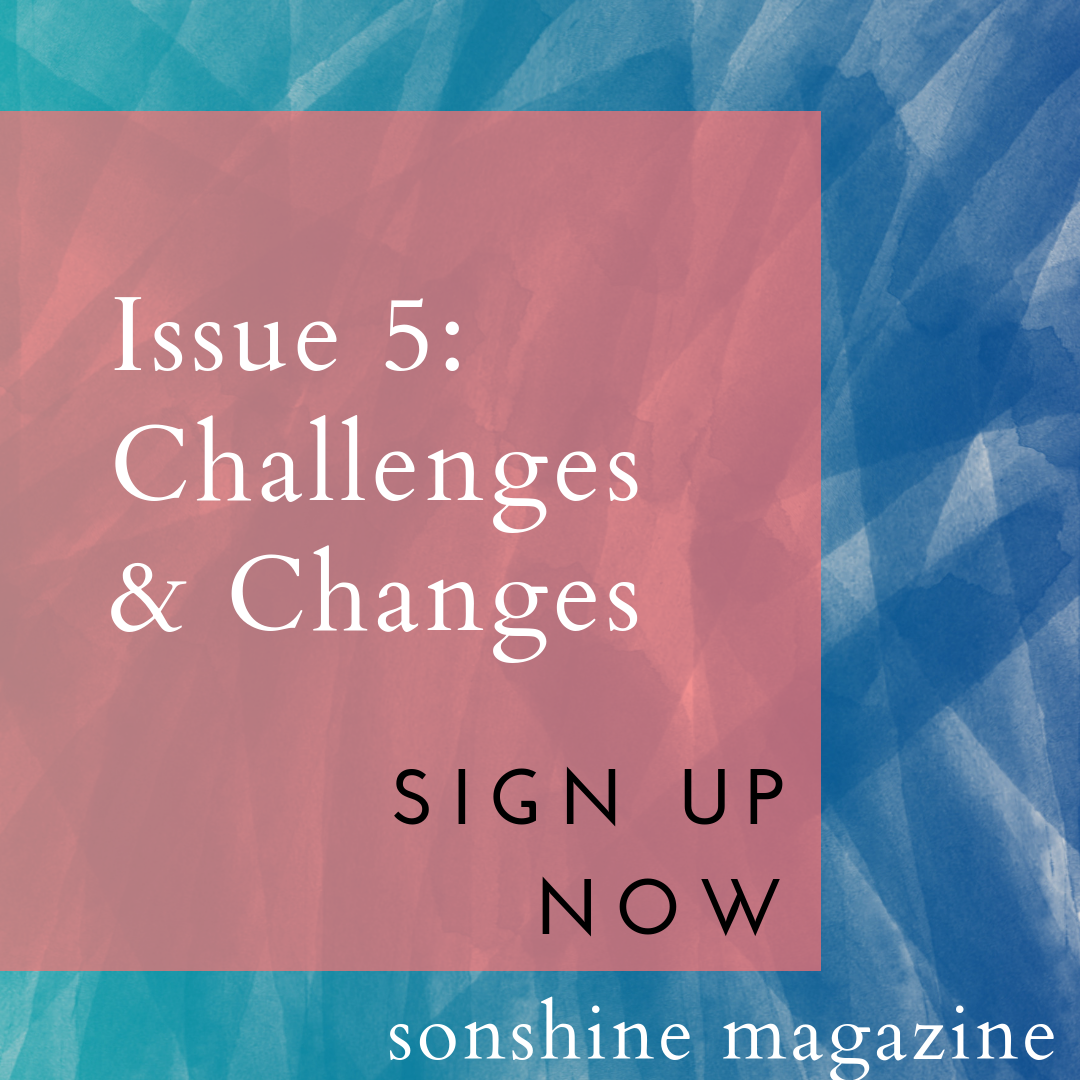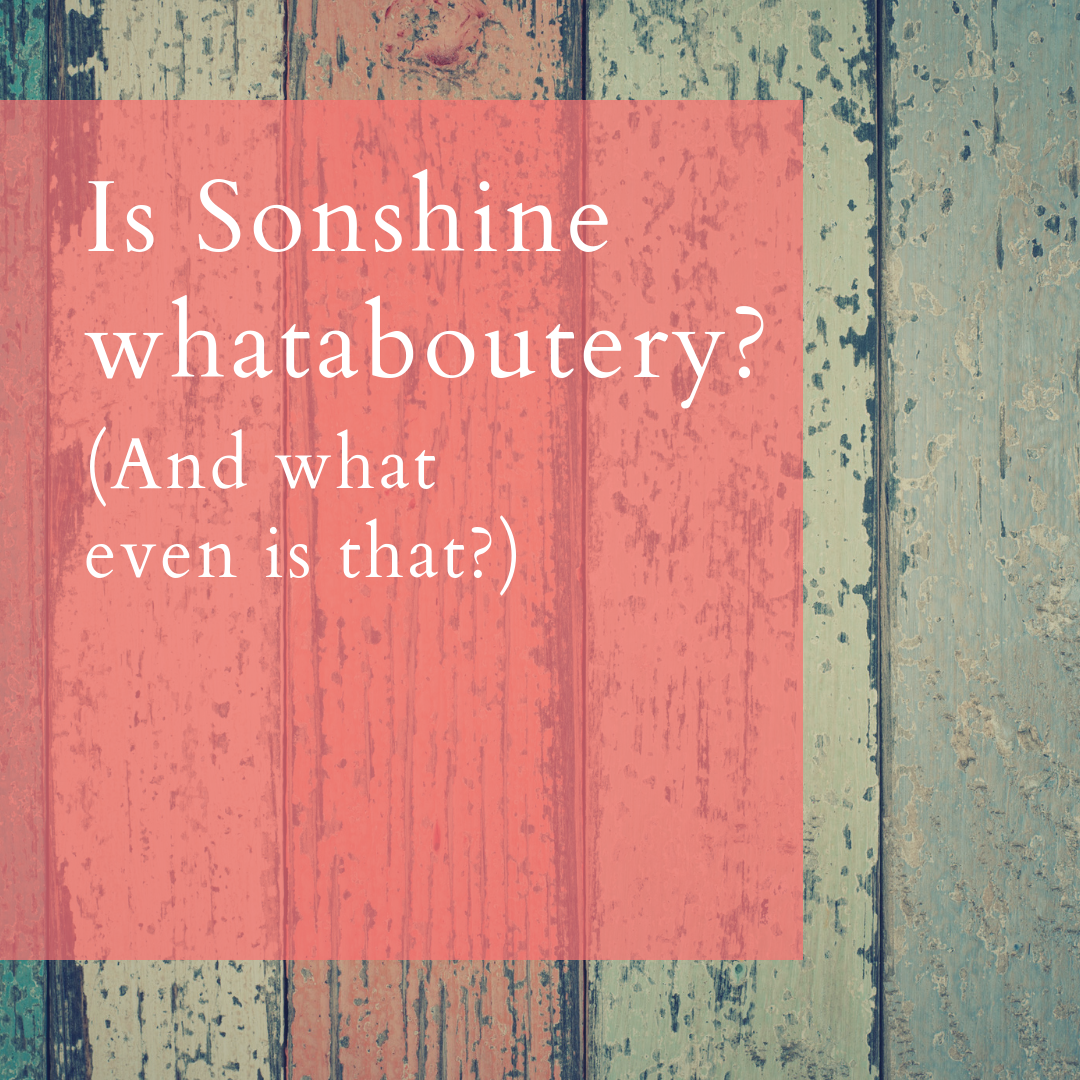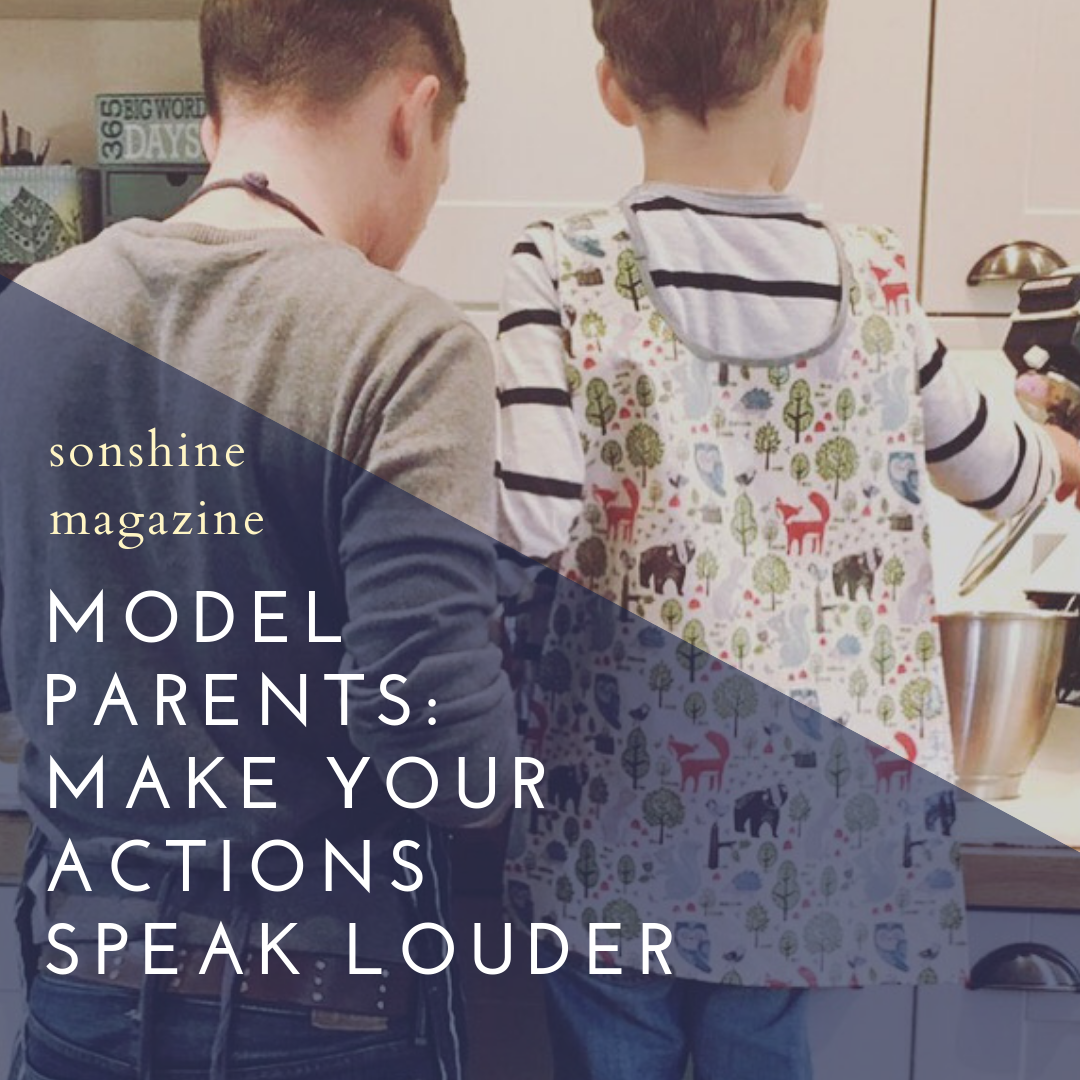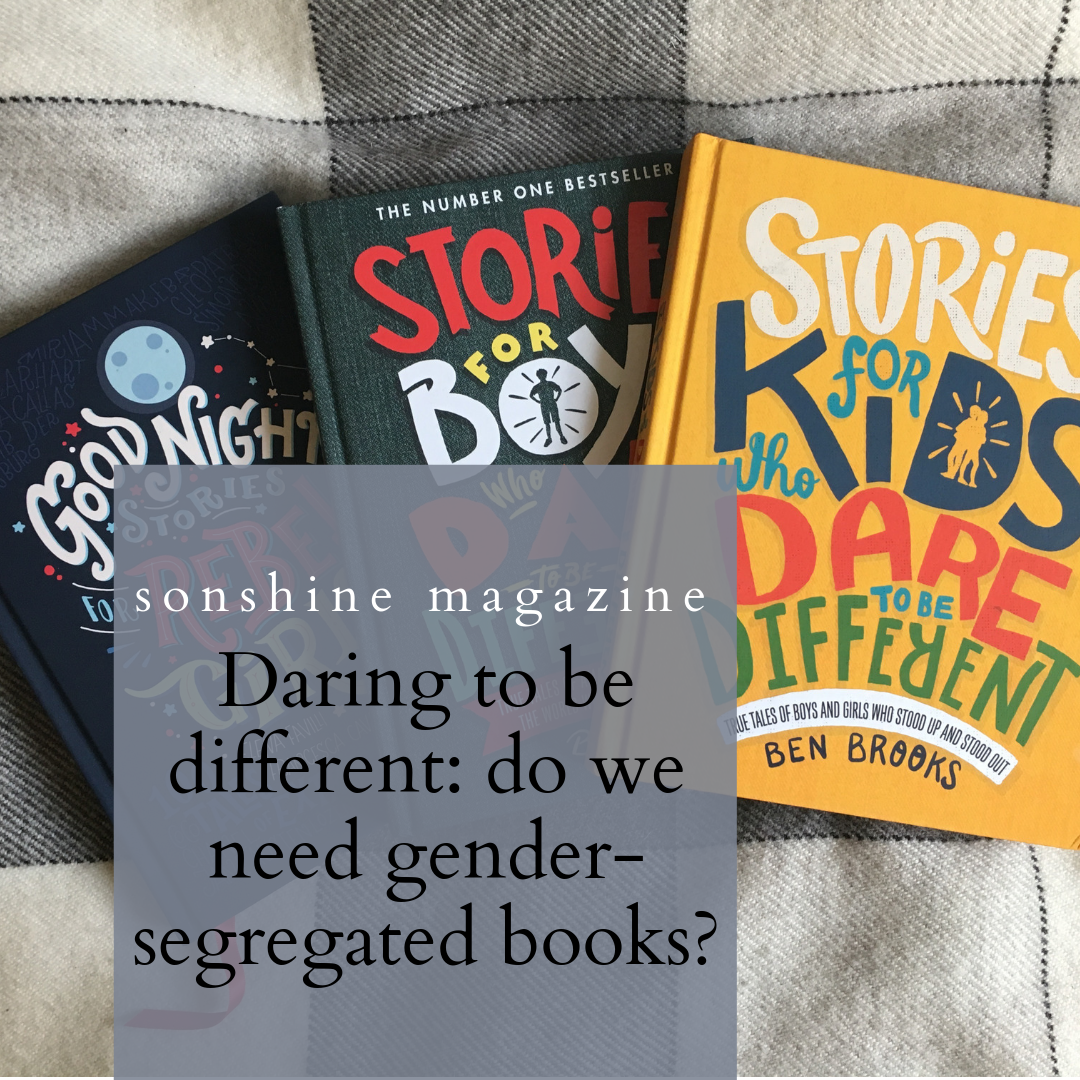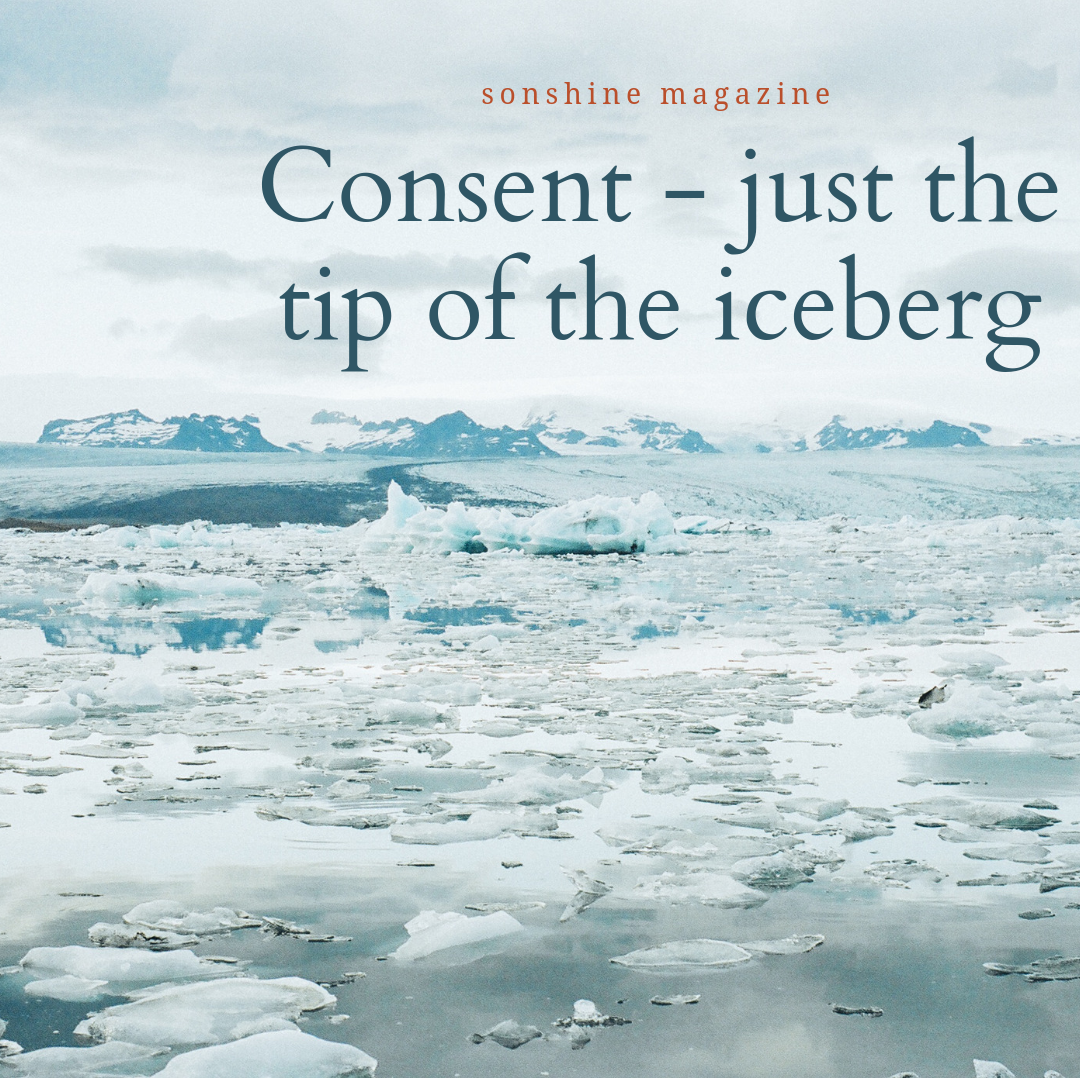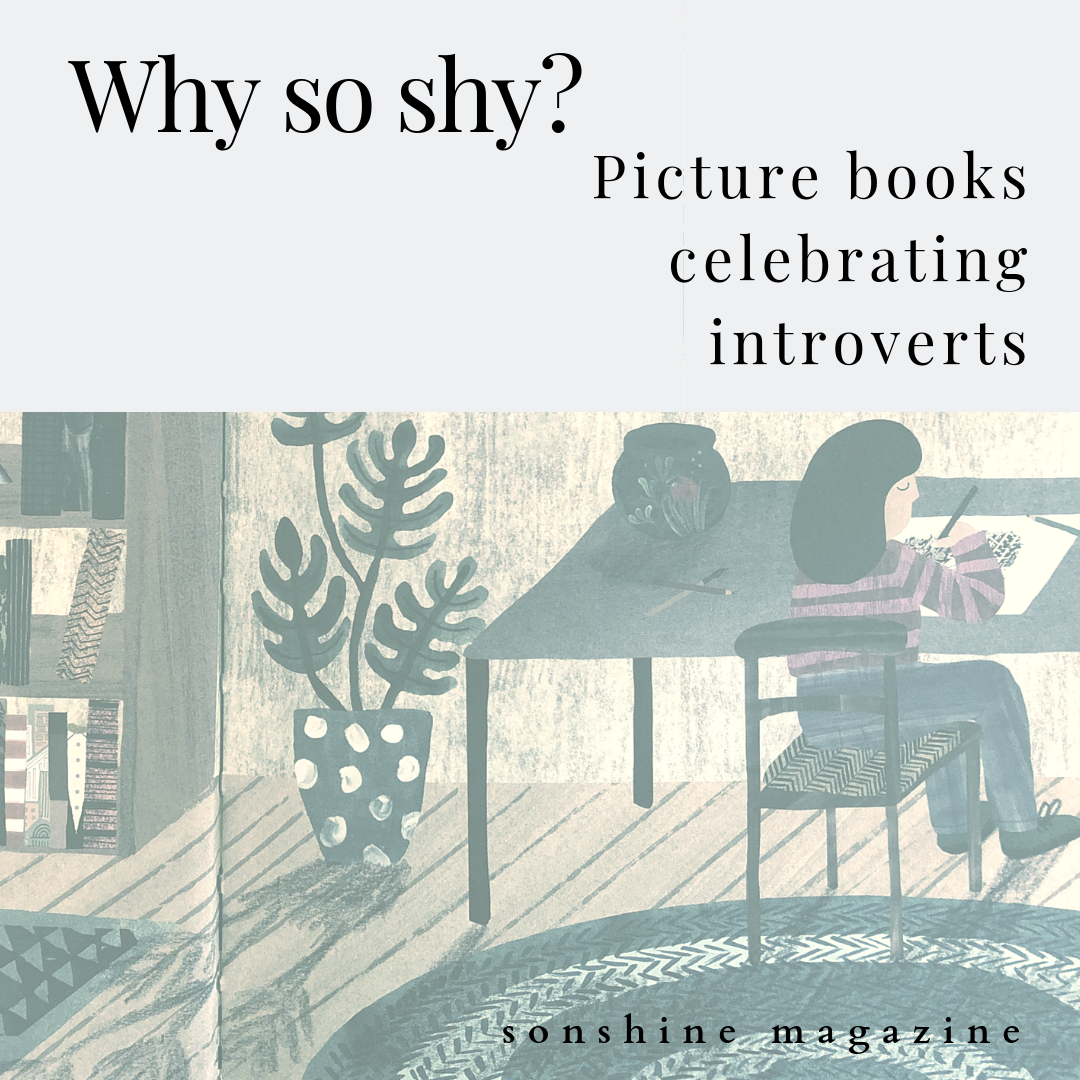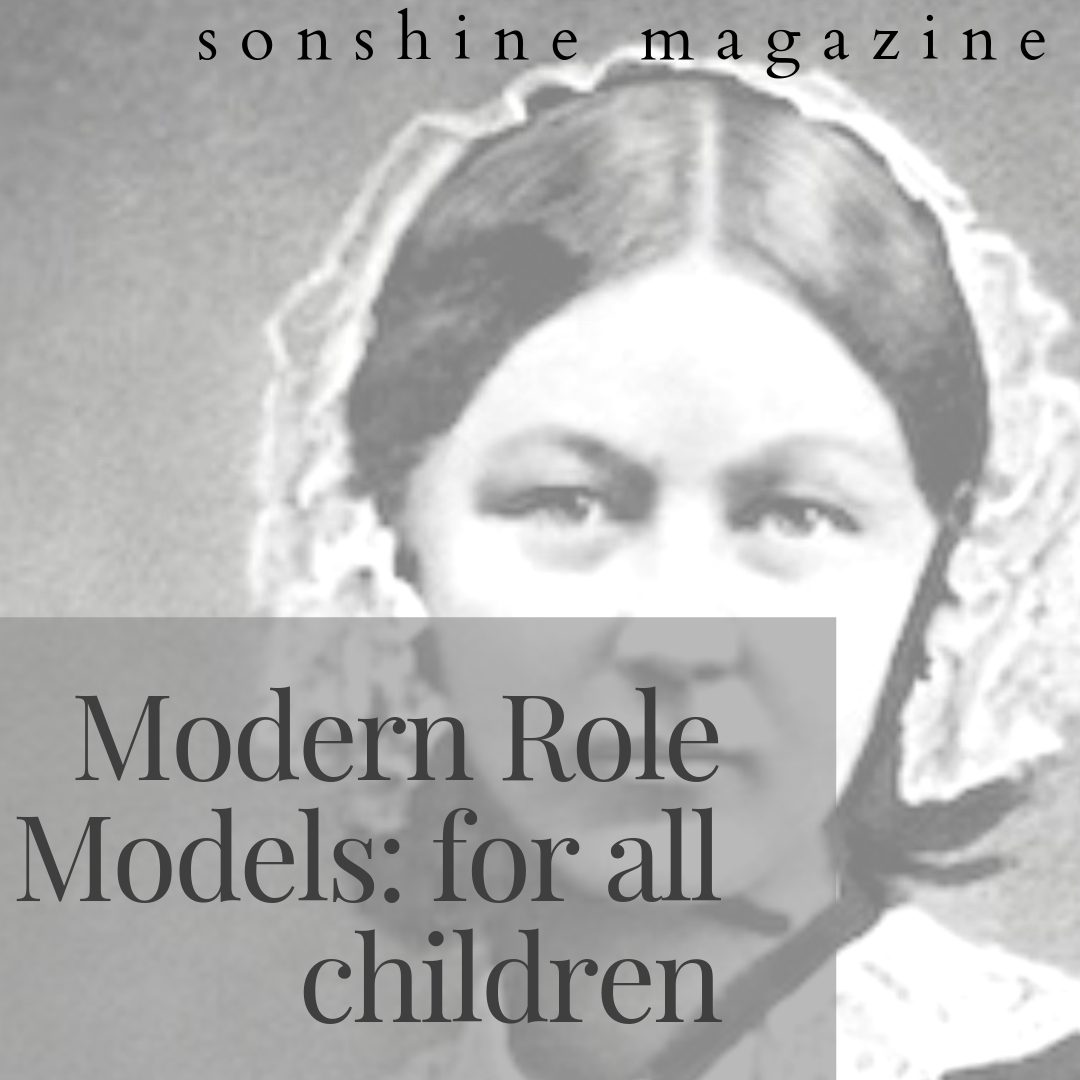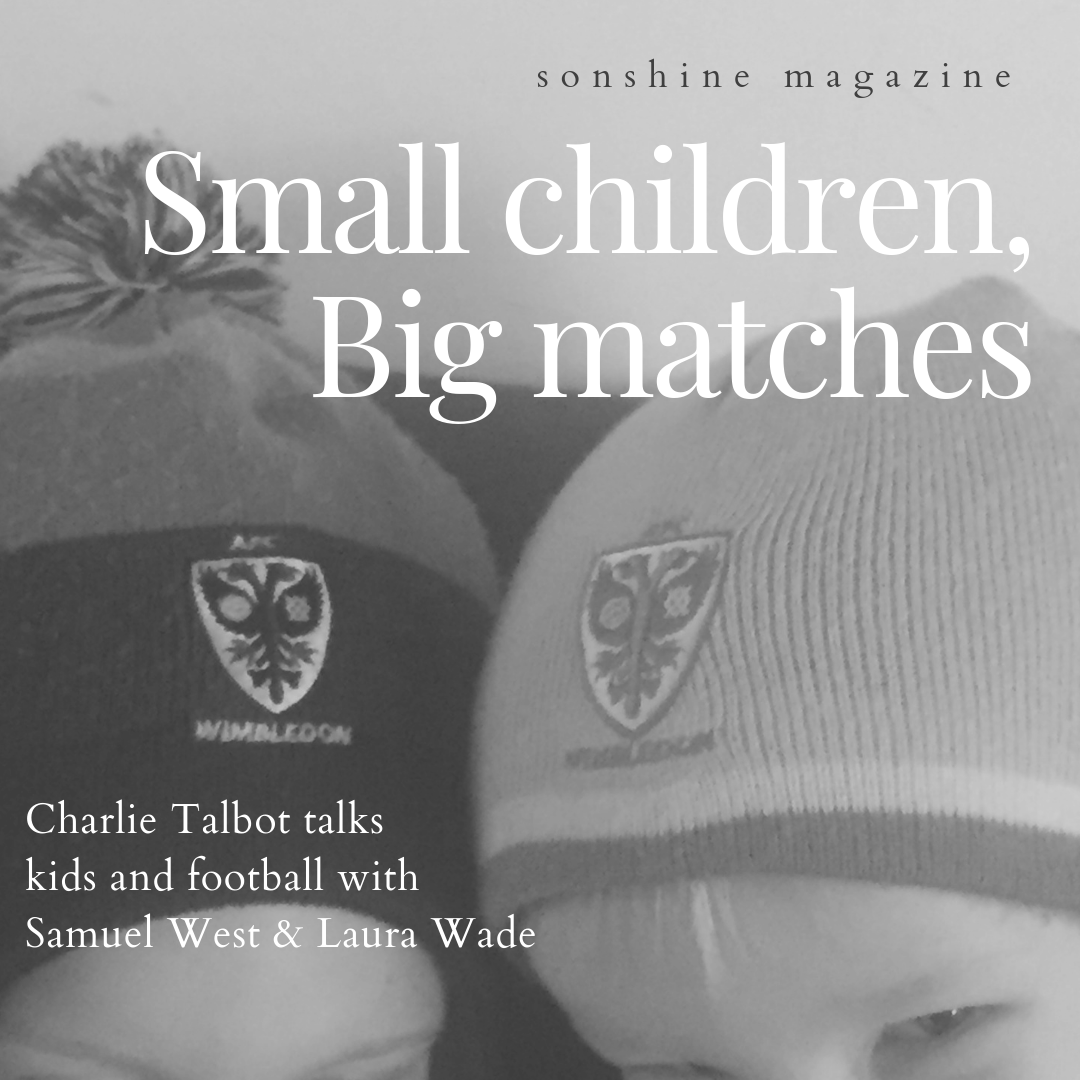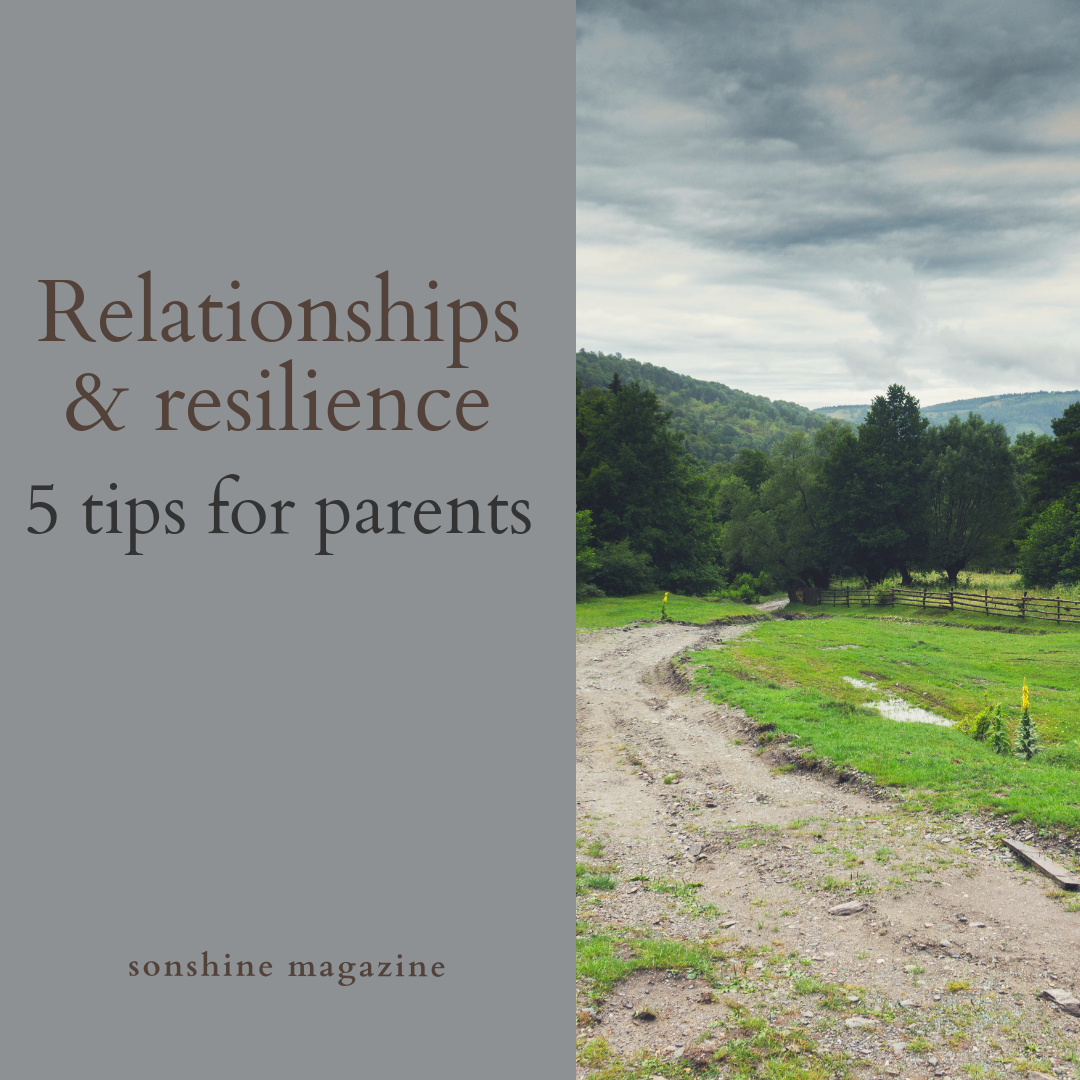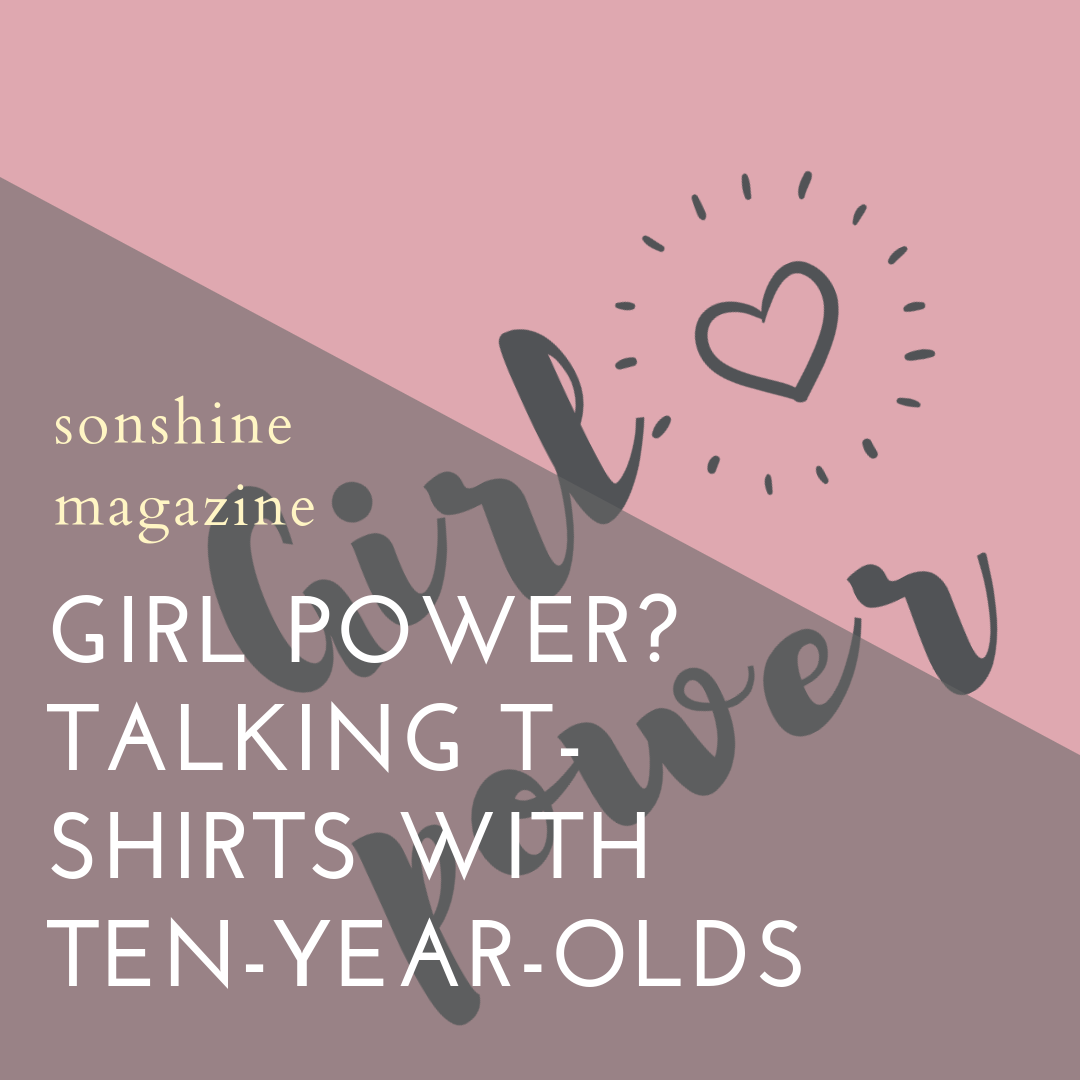Consent: it's just the tip of the iceberg
Kirstie Beaven explores her complicated feelings about current discussions around sexual consent, and what we should be aiming for…
We need to talk about consent. I know it might seem like everyone is doing that now, and obviously I’m grateful for that. But while the sharing of experiences in #MeToo has started to change the conversation around sex, our close focus on sexual consent leaves me with a nagging doubt: Consent? Is that it? Is that all we want?
The word doesn’t help. The fact that we often have to add modifiers to it – active consent, enthusiastic consent, continuing consent – might alert us to the idea that the word itself is not doing its job. Consent has an air of acquiescence to it, a sense of passivity even. ‘Permission for something to happen’ is how the OED has it. Not so much a choice as a giving in. Add to that, that its use in the news or in sex ed can often have the undertone (or indeed overtone) that it's something a woman needs to give to a man, with the still-lingering idea that women might at some point in their sexual lives just need to ‘lie back and think of England’. Consent seems to me the barest minimum in a human interaction – not the gold standard. And yet that’s how it’s used. As the thing that we should be striving towards in our sexual relationships.
Perhaps we could use thinking, caring, empathising, giving. Participating. Something active and responsive. Maybe an even better word might be enjoying. Surely what we want is for anyone involved in a sexual encounter not merely to be saying yes, but to be actively interested and enjoying it, and to be aware of the other person’s interest and enjoyment. Like in life, like in all human relationships. Being aware of the other person and whether they are interested in what’s going on, from your topic of conversation, to the film you’ve chosen, to your bedroom desires is the key to all good relationships.
But we’re focused on the lowest bar possible. Consent.
We all know saying yes is not the same as being interested and actively involved. And most humans can recognise and empathise with other human emotions, so we know if the other people in an interaction are not interested or involved. The key is whether we care about that. And caring about other humans’ experiences is really what this is all about. That’s why the bar is so low. Because our society still encourages us all to put some people’s experiences above others, teaches us all that some people’s pleasure matters more than others, tells us all that some lives matter more than others. All of us. It’s not just men who are conditioned to think this, it’s women too. We are all complicit in the societal structures that tell us these things.
We still have a pervasive idea of who is the default human. That’s why even before the publication of her book, Invisible Women: Exposing Data Bias in a World Designed for Men Caroline Criado-Perez is receiving hundreds of incredulous tweets about things in everyday life that haven’t been designed for or tested on anyone other than an average height and build, young Caucasian man: from drugs to car seatbelts. Seeking the interest, enjoyment and involvement of anyone who isn’t seen as the default is woefully lacking in so many areas of our lives. And mostly we haven’t even noticed.
I’m used to basic technology being a little bit difficult to use – buttons too far away, weight balance subtly off. I’m used to dining tables always being a bit too high for me – women tend to have a shorter torso length. I’m used to not seeing myself as the protagonist in most stories. I’m used to seeing myself as a victim in nearly all crime drama. I’m used to putting my thoughts across in a way to not cause offence. I’m used to effacing myself and my needs in general, as the least important. I’ve hardly noticed it at all.
But now, as I think more about what #MeToo means for me, and for all of us, I am starting to notice it. I notice that my son’s clothes are more comfortable than my daughter’s and I wonder what that makes them both feel like. I notice that the baddy in the stories is nearly always a man, right from the very first books, and I wonder what message this sends children. I notice that violence and aggression in male characters are not just tolerated, but subtly championed in cartoons, and I wonder what this role models for kids. I notice that boys police each other’s emotional responses, and I wonder how they get their feelings and emotional needs met.
Fixing our ideas around sexual consent and around what constitutes a real relationship will only come from fixing our ideas about how men and women, boys and girls, humans of all genders behave. It will come from realising gender is no division – and from always striving to make sure that all our experience and knowledge and pleasure counts as equal. It will come from knowing everyone deserves the same respect as we wish for ourselves. It will come from realising we are all humans. Consent just isn’t going to cut it. We all need more than that.

